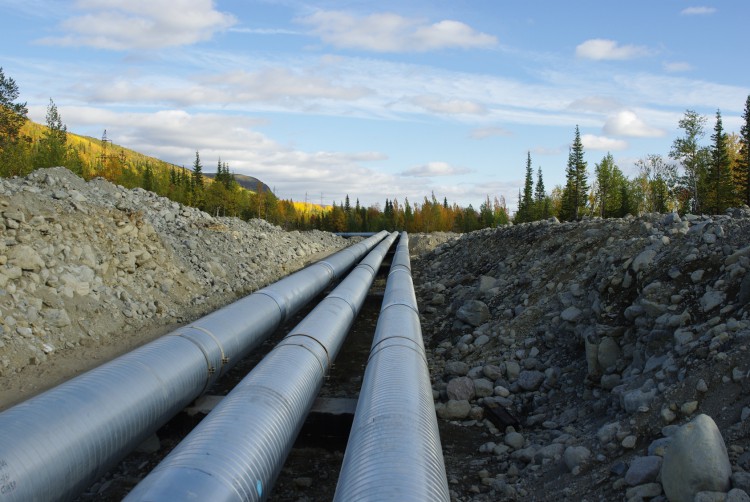OEB Reports on Consultation and Review of Proposed Energy East Pipeline

On August 13, 2015, the OEB released its report Giving Ontarians a Voice on Energy East describing the OEB's consultation and review of TransCanada's proposed Energy East project. In November 2013, Minister Chiarelli requested that the OEB consult with Ontarians and review Energy East from an Ontario perspective. Approval of Energy East rests with the federal government and National Energy Board (NEB). The OEB's report is intended to inform the Ontario government's position at the NEB hearings.
TransCanada's Energy East is a proposed 4,600 km pipeline that would carry crude oil from Alberta to refineries in Quebec and a refinery and marine terminal in St. John, New Brunswick. The project would convert 3,600 km of existing natural gas pipeline to carry crude oil. This pipeline is located in northern Ontario. An additional 100 km of new pipeline would be built in eastern Ontario to carry crude oil to Quebec.
The OEB conducted consultation throughout the province and engaged a number of technical experts. In addition, the OEB heard from stakeholders including environmental groups, industry and business representatives. The OEB identified a number of concerns with Energy East, including:
- Impacts on Ontario Natural Gas Consumers: The conversion of the pipeline from natural gas to carry crude oil will remove pipeline capacity for natural gas. Even with the new natural gas pipeline that TransCanada proposes to build in eastern Ontario, there is a concern that Energy East will reduce supply and increase price of natural gas for consumers in that area.
- Impacts on Natural Environment: The Energy East pipeline crosses or runs beside many Ontario waterways. TransCanada needs to assess whether it is appropriate to take a route originally chosen for a natural gas pipeline and use it for transportation of crude oil, particularly where the existing pipeline route is close to environmentally sensitive areas.
- Impacts on Climate Change: The NEB has decided to examine the greenhouse gases omitted by construction and operation of Energy East. Ontarians that participated in consultations remain concerned about the project's broader impacts on climate change, including its effect on upstream and downstream greenhouse gas emissions.
- Impacts on Pipeline Safety: Key concerns for people living near the proposed route of Energy East are pipeline safety and the effects of a spill on rivers and lakes. The OEB identified four section of the pipeline in northern Ontario as an important threat to the integrity of Energy East. TransCanada should be using the latest generation of leak detection systems as the impacts of an accident on an oil pipeline is far more profound than with a natural gas pipeline.
- Impacts on Local Communities: Ongoing and long lasting community engagement by TransCanada is necessary in order to be accountable to First Nations, Métis and local communities for its monitoring and emergency response measures.
- Impacts on Aboriginal Communities: Ontario needs to encourage the NEB to insist that all Aboriginal and treaty rights are respected at the Energy East hearing and that the Federal Crown fulfills its duty to consult.
- Short- and Long-Term Economic Impacts: While almost half of Energy East will run through Ontario, it is expected to produce only modest economic benefits for the Province. Given that Ontario bears more of the risks of the project than the expected benefits, the government must ensure that Ontario natural gas consumers face no harm due to Energy East.
The NEB recently issued the list of approved Aboriginal Intervenors in the Energy East project. A full list of approved participants is pending. The hearing process, locations and dates have not yet been determined.
